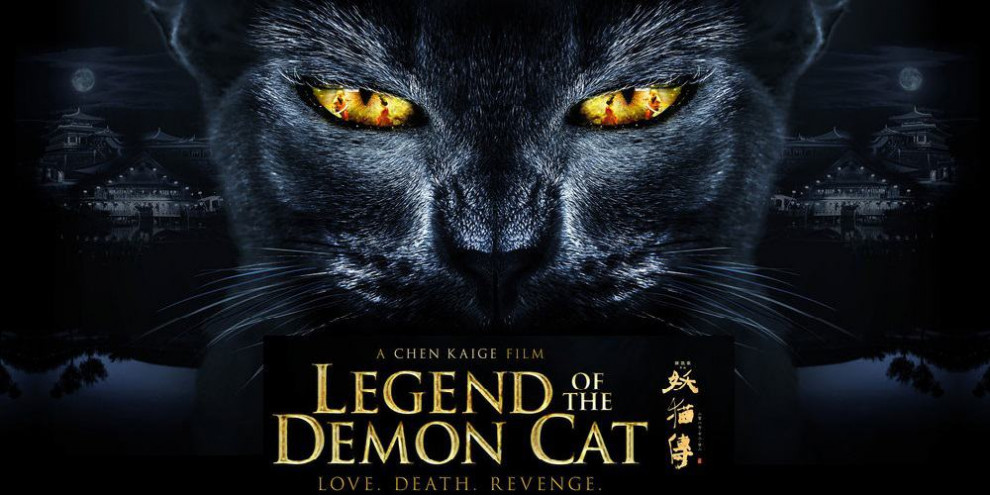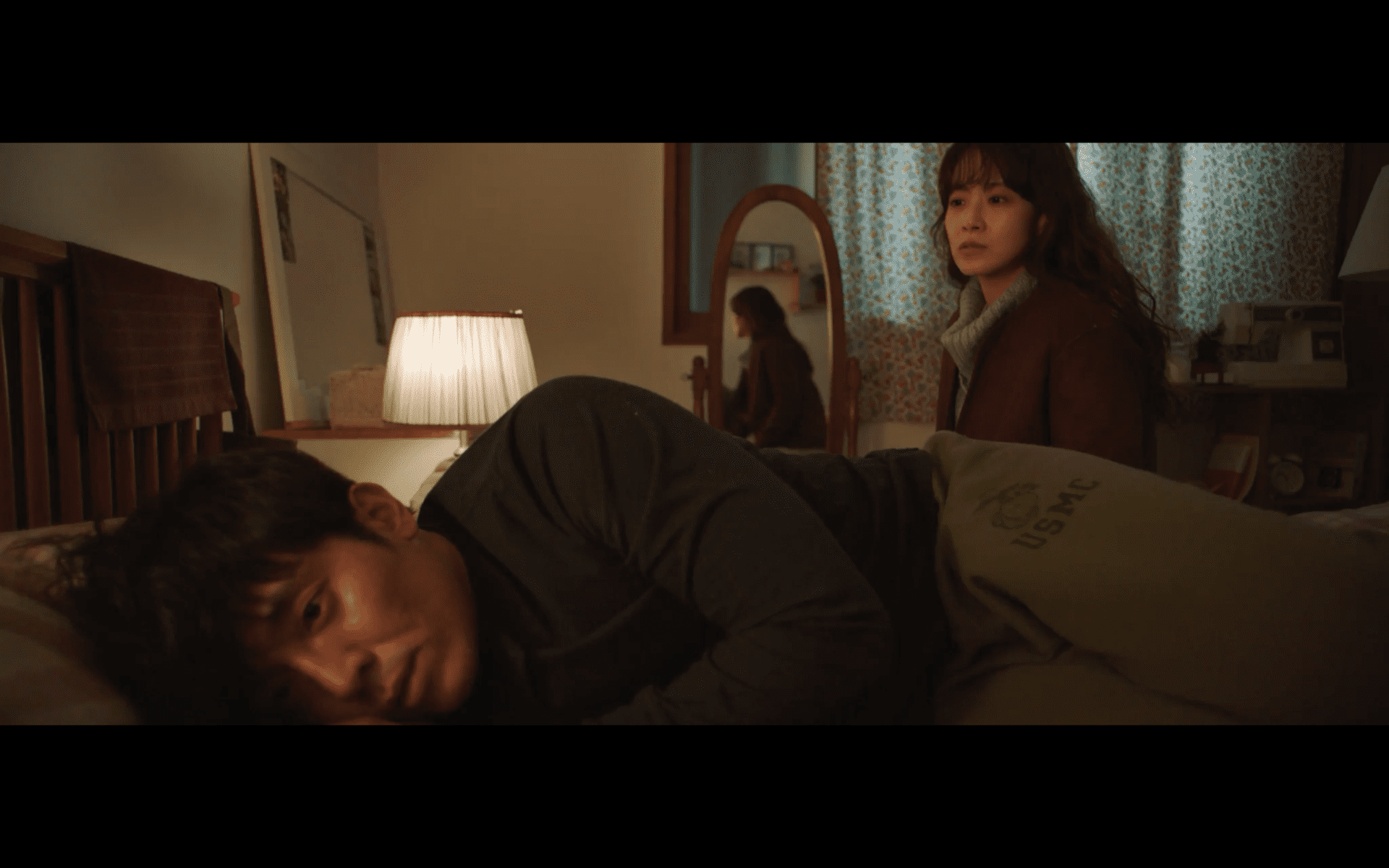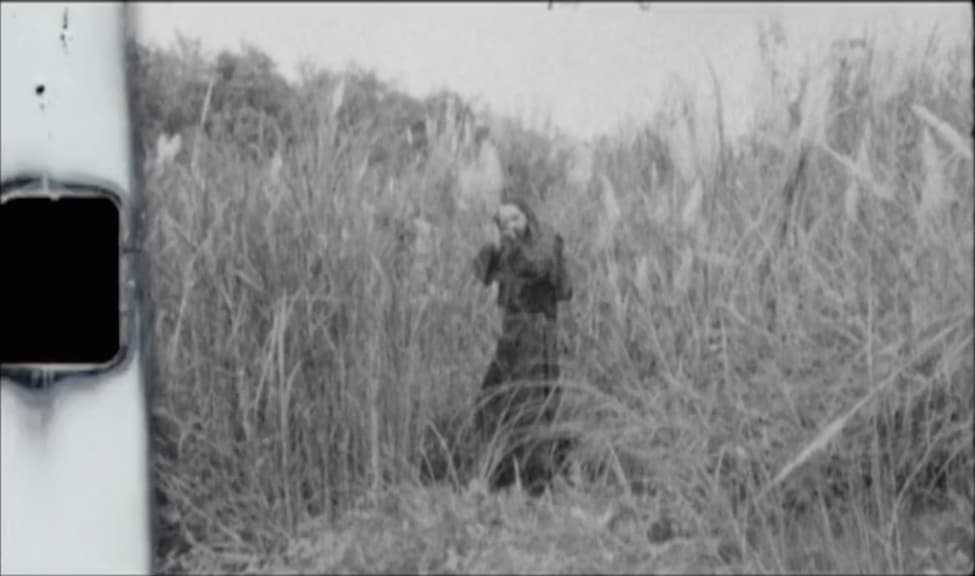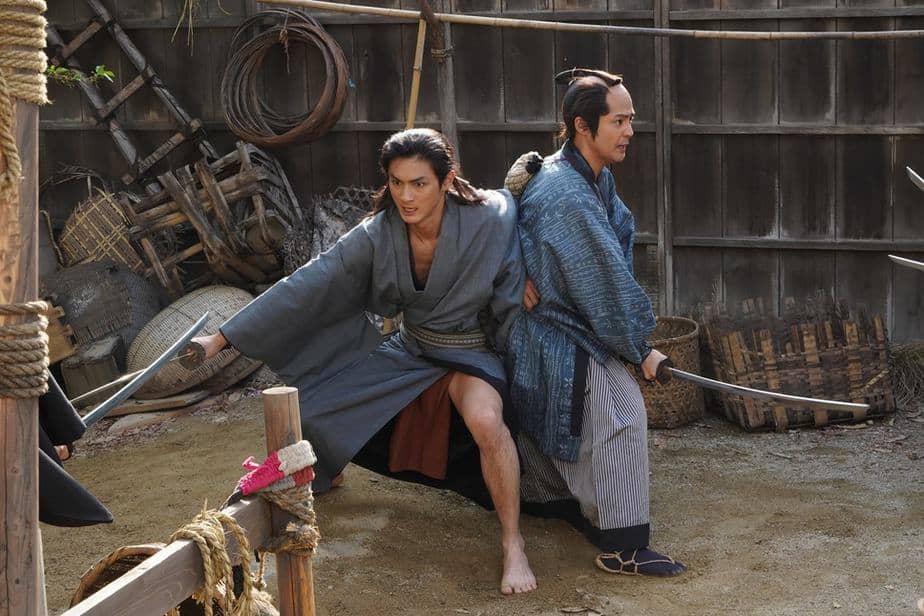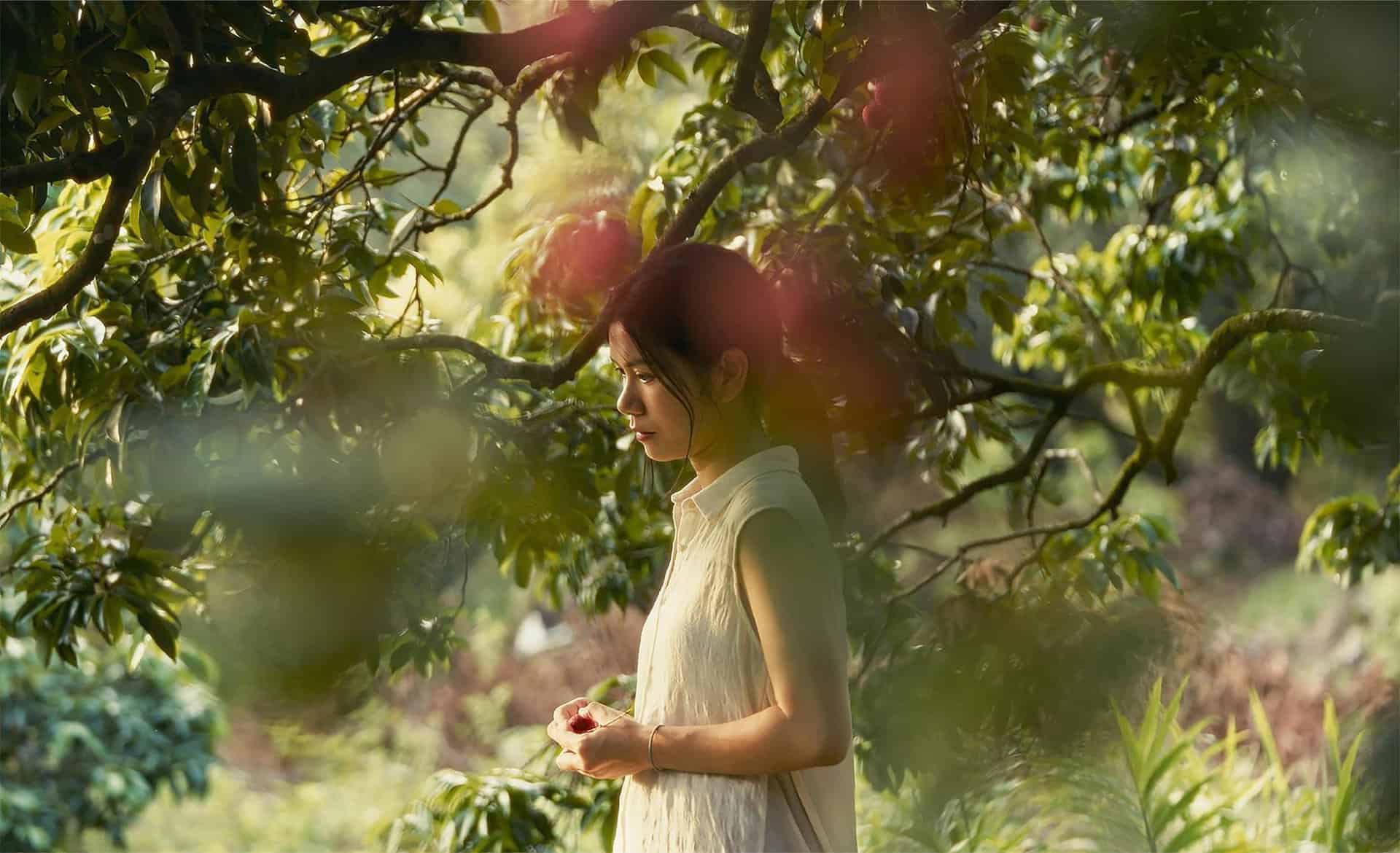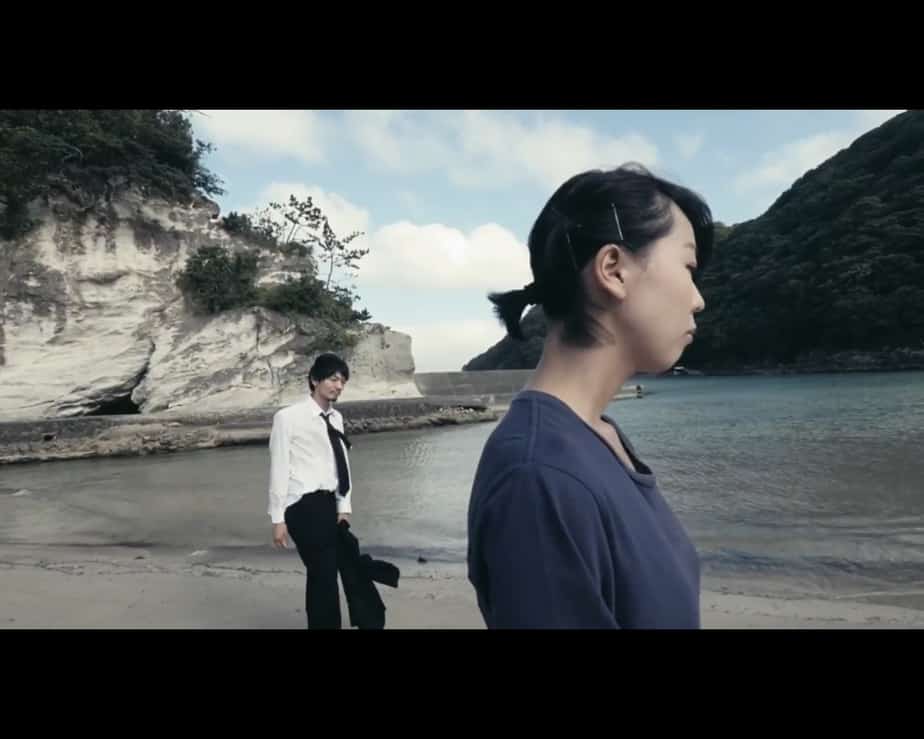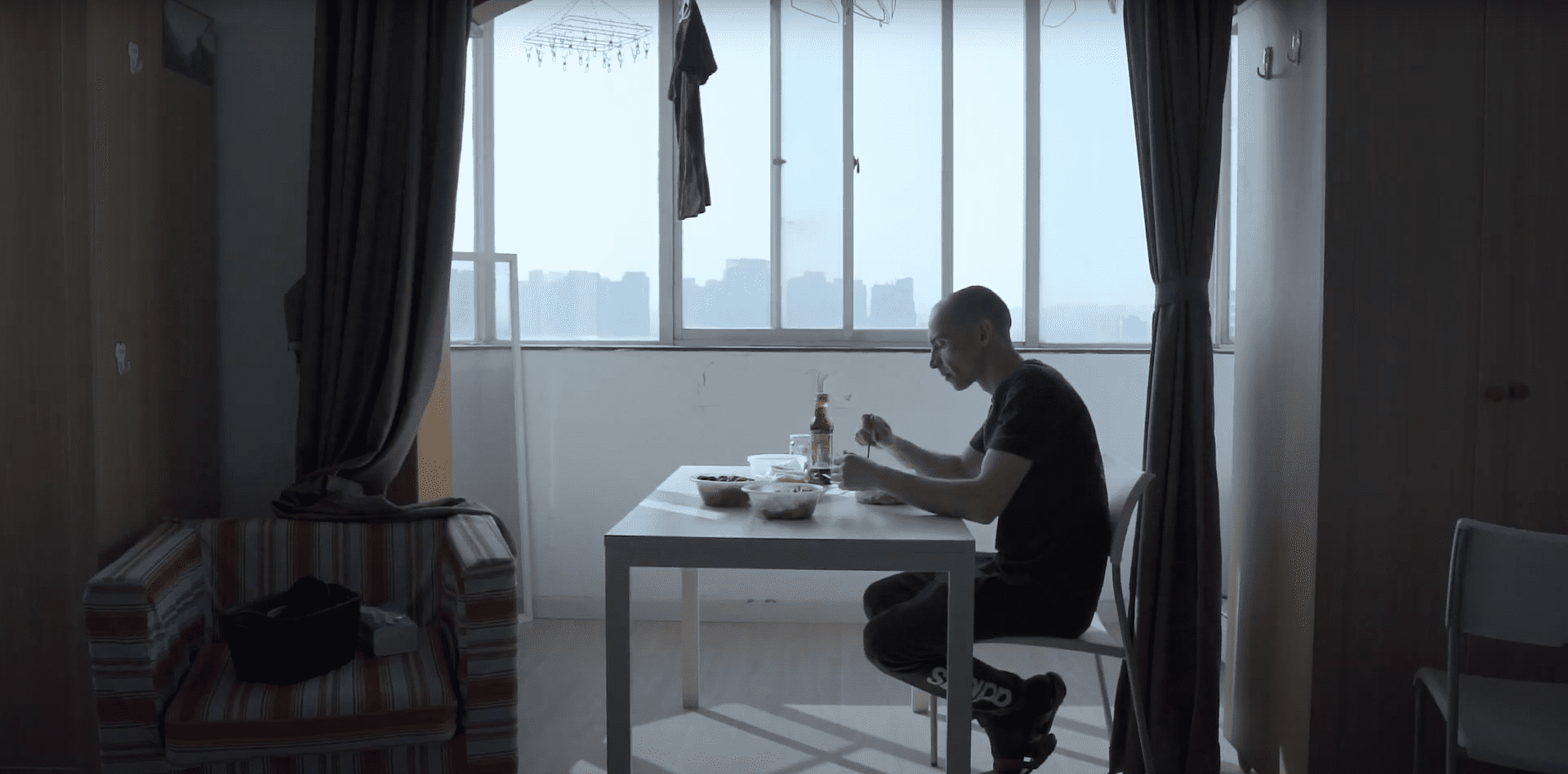By Andrew Loh
Director Chen Kaige is one of China's most prominent and influential directors. Born Chen Aige in Beijing, he was the son of noted director Chen Huaiai, who directed a number of popular films during the 1950s and 1960s. He is also one of the central figures of the China's Fifth Generation of filmmakers (other auteurs of the same batch including Zhang Yimou, Tian Zhuangzhuang etc). These are the bunch who have gone through some of the most tumultuous time in China's modern history: the chaotic Cultural Revolution, Great Famine, and some even joined the notorious Red Guard, where Chen once publicly denounced his own father.
Buy This Title
He debuted with “Yellow Earth” (黄土地1984, collaboration with Zhang Yimou as his cinematographer). A visually impressive propaganda film that not many wanted to watch, but captured the attention of producer Hsu Feng (a veteran Taiwanese actress herself). Hence, they collaborated their next effort, “Farewell to My Concubine” (霸王别姬 ,1992). Perhaps this is the Chinese film most well-known to the Western audience. A story about two Peking Opera actors/singers who went through the era of late Qing feudalism, World Word II, China civilised war, to the uprising of modern communist China, re-enacting some experiences the director has gone through himself. Being the first, and so far the only, Chinese film to win the high accolade of Palm D'or in Cannes Film Festival, this movie has set a landmark and high bar (in so many aspects) for the rest of the films to come from China or the director himself. And alas, since then, in my own opinion, Chen never seems able to make a glorious comeback yet. In fact, his falling is so spectacular that it spikes the rumour that ‘Farewell to My Concubine' is in fact directed by his father!
He follows up with one after another fiasco: some fair better, some quickly spiral into the most ridiculous films ever seen in Chinese film history. Just to name a few: “Temptress Moon” (风月, 1996), a story set in late Qing era about a sadomasochistic relationship between two cousins (yes, way before the ‘50 Shades of Gray'). Awkwardly cast, and an unfulfilling experience as the director attempted cowardly to its outrageous subject matter. The movie was widely praised among western film reviewers (I don't think most of them really understood the story), but generally penned by Eastern reviewers. An interesting phenomenon in itself.
After seeing the success of Ang Lee's ‘Crouching Tiger, Hidden Dragon' (卧虎藏龙 ,2001), Chen too jumped into the bandwagon of Wuxia genre: ‘The Promise' (无极 ,2004), and ‘Monk Comes Down the Mountain' (道士下山,2015). Sadly, both can't help but leave a very bad aftertaste to their audiences. The former even inspired some crudest joke among the Chinese netizens which had infuriated the director himself.
Chen did seem to make comeback with some more watchable efforts: ‘The Emperor and the Assasin' (荆轲刺秦王 ,1998), a historical spin-off of the assassination of China first Emperor, “Qin ShiHuang; Together” (和你在一起,2003), a warm story about the struggle of a young, small town violinist in Beijing Central Conservatoire, cliché but effectively heart-warming; “Sacrifice” (赵氏孤儿 2012), another adaptation of one of the most well-known legend in Chinese history, mostly baffling but beautifully shot; ‘Forever Enthralled' (梅兰芳,2008), a biography about the legendary Peking Opera actor/singer, Mei Lan Fang, seems like a strong comeback but sadly marred by untimely scandals among his actors (the scandals busted after the filming had wrapped) which led to a massive cut-off from the original script and ended up an unbalanced story, etc.
You may have noticed that I keep harping on the director glorious past. How about his most current effort? Regretfully, nothing much. I sincerely and truly hope that I can say the other way, but simply can't.
‘Legend of the Demon Cat' is an adaptation from Japanese novelist, Bake Yumemakura's ‘Shaman Ku Kai the Japanese Monk: The Ghostly Banquet of the Tang Dynasty' (沙門空海唐の国にて鬼と宴す). An intriguing pen name indeed, if you know what does it mean. He specialised in writing olden days ghosts and monsters fantasies, resembling the ‘Liao Zhai' of Chinese, a collection of short stories of the same genre in Qing Dynasty, where small animals or plants, like fox or raccoon, constantly transform into beautiful maidens to tempt young men, etc.
‘Shaman Ku Kai' or ‘The Demon Cat' is perhaps one of the author's most tedious and epiphanic efforts yet. More than a decade spent in research and writing, spanning multiple volumes, the story presents an epic scope and great details of the Tang Dynasty. It starts with the Japanese monk, Ku Kai, or Kong Hai in Chinese (a historically real figure who left a significant mark in Tang history), entrance to the late Tang Dynasty, accidentally coming upon the demon cat mystery, and wisely helping solving it. The story follows plenty of interesting conversations between Ku Kai and some others historical figures, including art and literature; in-depth talk about Buddhism, Confucius, Taoism and even some cults; philosophy, illusions or existentialism; and the centre core of all: a love story between Lady Yang and Emperor Tang Xuanzhong. Bear in mind that the Tang Dynasty is the most inclusive era in China, where 10% of its residents were foreigners, they enjoyed great religious freedom, and foreigners who were affluent in Chinese could even hold the post of local governors. It is also an era that boasted some of the greatest and most colourful achievement in arts, literature, poetry etc. Hence, a favourite era for writers and directors to set their stories. In this case, it is perhaps a story that a few-hours movie could not do its justice.
Here, Chen and screen player, Wang Huilin (a muse of director Ang Lee), merely diminish it into a detective story. In the movie, Monk Ku Kai's (Shōta Sometani) sidekick is Tang famous poet, Bai Ju Yi (Huang Xuan) (unlike in the original text), a resemble of Sherlock Holmes and Dr Watson. They hastily roam through the streets of Tang, palaces, mansions or brothels, busily solving one after another mystery. Set in a frantic pace, with camera forever moving, swirling around (causing great nuisance), the movie jumps from one set piece to another, flaunting its outrageously beautiful and lavish sets (which the filmmakers claim to have spent 7-8 years to build), leaving NO room for character building. VFX are generally well done, though I can't help but feel the syntactic sense in some scenes. At the end of the day, the audience will feel alienated and will not care much about the characters. Worse if the audience, especially Western audience, doesn't know the story between Lady Yang and Emperor Tang.
We can draw a quick comparison with other filmmakers, who also have recent movies set in the Tang Dynasty: ‘Detective D and the Mystery of the Phantom Flame', by Tsui Hark (狄仁杰之通天帝国,2010); ‘The Assasin', by Hsiao-hsien Hou (刺客聂隐娘,2015). ‘Demon Cat' pales in comparison to both of these movies: in commercial value to the former one; and in auteurism to the latter one.
Perhaps, Chen's forte is, in his eyes, of beautiful images. His movies usually score high in art direction. That also explains the movie's lengthy screen time and overly focus in the final set piece: The Banquet of the Supreme Joy. Perhaps this is best sum up of the entire movie: lavish, beautiful, couldn't help but feel the great emptiness after the supreme joy. What a let down.


